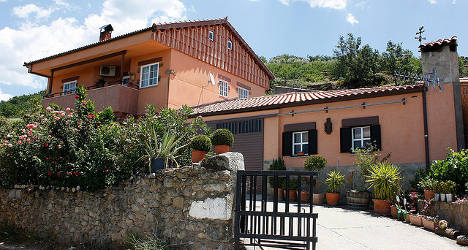Foreign investment into Spain's stagnant housing market hit a nine-year-high in 2013, new Bank of Spain figures show.
Expat home buyers opened their wallets to the tune of €6.45 billion ($8.95 billion) last year, 16 percent more than in 2012.
Brits, French, and Russians topped the list of foreign buyers, with people from the UK accounting for 15.1 percent of all foreign sales in 2013.
The strong showing by foreigners comes as Spain saw a further 7.8 percent fall in property prices in 2013, slightly better than the 12.8 percent drop seen in 2012.
They also contrast strongly with domestic sales in Spain's moribund housing market.
Recent data from Spain's statistics institute, the INE, show Spanish property sales were down 27.6 percent in February 2014 compared the same month a year earlier.
Sales of new homes dropped nearly 37.4 percent in the same period, after Spain withdrew tax benefits designed to stimulate property sales.
Don't miss stories about Spain, join The Local on Facebook and Twitter.




 Please whitelist us to continue reading.
Please whitelist us to continue reading.
Member comments